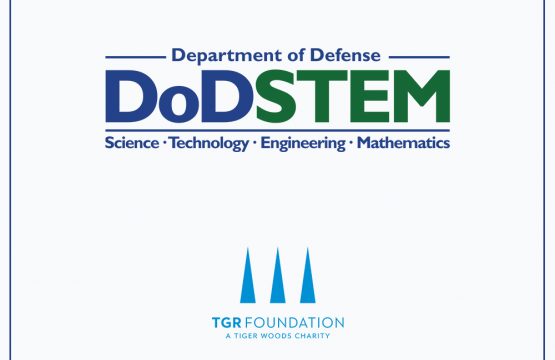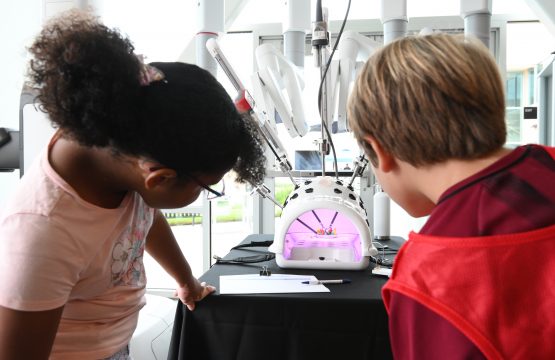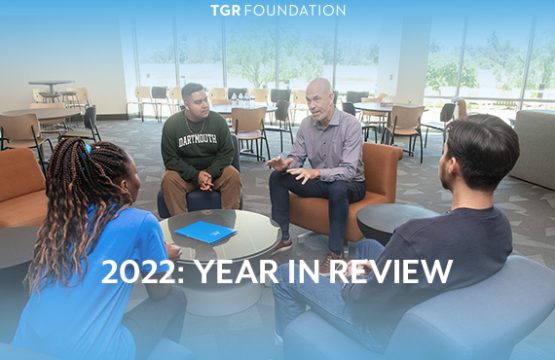Scholar Voices: The Importance of Mentorship
I was the first person from my high school to ever get accepted into and attend an Ivy League school. I was celebrated and praised after the news broke out, but deep down I felt sadness more than anything. I was not the first accepted because I was smarter or any more deserving than those that came before me. I was the first accepted because I had a lot of resources that my peers did not, which included awesome mentors who were always rooting for me. If my school was better funded, if resources were more accessible, if the college prep program I was a part of accepted more students, more people would have the opportunities I did. My acceptance not only brought me joy, but reflection. I knew that I was now in a place of privilege, and it was my duty to use my privilege for the good of my community.

My parents have taught me too many lessons to count, but one of them has been to always be grateful to those that have helped me and to give back. I would not be where I am now without all the help I received, so doing everything in my power to use the knowledge I have to give back to those who need it is the least I could do. When I first arrived at Dartmouth, I was welcomed by an amazing support system through the First-gen office, but I still felt lonely. A lot of my peers had friends from their high schools and hometowns. Although I found comfort in connecting with other first generation, low income (FGLI) students, I wished I had someone from home here.
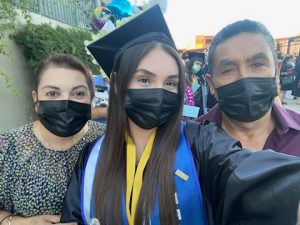
I made it my goal to help as many students as I could with the college application process. A lot of the students I was helping were in a cohort of College Match, the college prep program that helped me. After a couple of months of reading students’ essays and helping them refine their extracurricular activitiess, I was anxious to find out who had been accepted. Initially, only one student from my high school had; yet still I was ecstatic. I was finally going to have someone else from my high school here and I had a year of Dartmouth experience to support them. A couple of months after the first acceptance came out, another student from my high school got off the waitlist. I now had two students I was familiar with attending Dartmouth.
Although I was ecstatic about two people from my high school getting accepted into Dartmouth, I knew that I could help more kids from the surrounding communities with their transition to Dartmouth. Over the summer, I took on a volunteer position with College Match and became an ambassador for Dartmouth. My job started before I even stepped foot on campus. I spent the summer providing the incoming class of freshmen from College Match guidance on everything regarding this new journey they were about to embark on. I spent a lot of my time and effort creating a curriculum for them and holding meetings, and it was very rewarding seeing how interested they all were. A lot of times, our sessions would go over the planned timeframe because they had so many questions for me.
 As an ambassador, I am not only in charge of the freshman class but a total of 51 College Match scholars currently attending Dartmouth. My responsibility is to unite the community here as much as possible. I conducted 1-1 mentoring with a couple of the freshmen but also held events for all classes to attend. One of these events was an early College Match Friendsgiving where we cooked traditional meals from our cultures and ate in unity. It was such a beautiful dinner filled with great conversations, laughs and tasty food. For a moment, it almost felt as if I was back in Los Angeles and not in Hanover, VA being surrounded by so many people that reminded me of home.
As an ambassador, I am not only in charge of the freshman class but a total of 51 College Match scholars currently attending Dartmouth. My responsibility is to unite the community here as much as possible. I conducted 1-1 mentoring with a couple of the freshmen but also held events for all classes to attend. One of these events was an early College Match Friendsgiving where we cooked traditional meals from our cultures and ate in unity. It was such a beautiful dinner filled with great conversations, laughs and tasty food. For a moment, it almost felt as if I was back in Los Angeles and not in Hanover, VA being surrounded by so many people that reminded me of home.
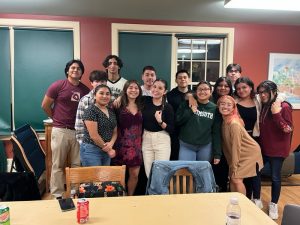
Being so far from home at such a prestigious college can be very hard coming from an FGLI background. It is very easy to feel lonely here and as if you do not belong. I have found that surrounding myself with great friends and community is the single best way to combat this. Not only do I want to continue being a mentor to these students, but I want to help create an overall feeling of “home” for us all on campus. One of the students that I mentor here expressed how their friends from home just don’t get it and unless you’re here, there is no way you would understand our struggles ranging from homesickness and imposter syndrome to dealing with harsh winters. This is why students from similar backgrounds and struggles need to stick together and help one another as much as we can. We are all we have.
